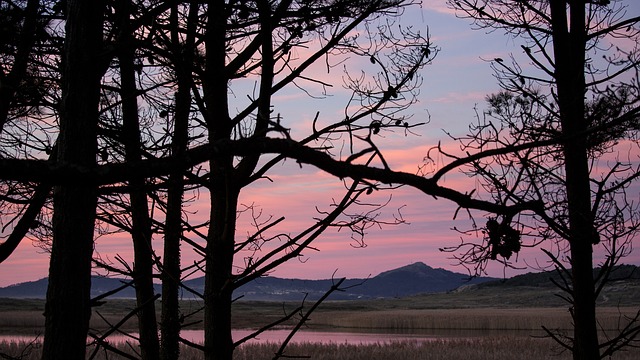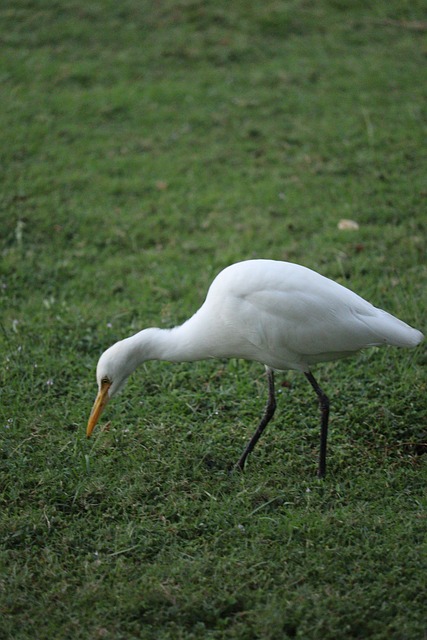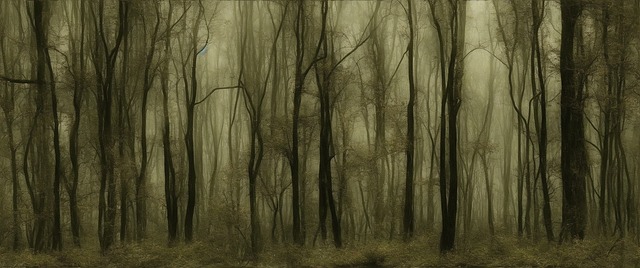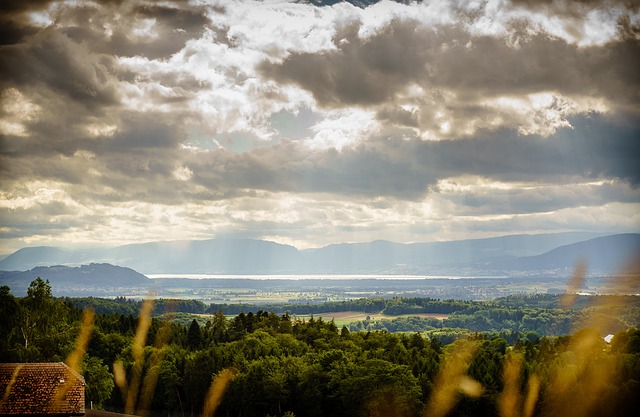bicho brasil 🏉 Bicho Brasil: A Comprehensive Exploration of Brazil's Biodiversity and Cultural Significance

Bicho Brasil: A Comprehensive Exploration of Brazil's Biodiversity and Cultural Significancebicho brasil
Brazil, a country renowned for its vibrant culture and breathtaking landscapes, is equally celebrated for its extraordinary biodiversity. The term "Bicho Brasil" encapsulates the rich tapestry of wildlife that inhabits this vast nation, serving as a reminder of the intricate relationship between nature and culture. Within its borders, Brazil harbors approximately 20% of the world’s biodiversity, making it a critical area for ecological studies and conservation efforts. This report delves into the significance of Brazil's fauna, examining its ecological roles, cultural representations, and the conservation challenges it faces.bicho brasil

The Brazilian ecosystem is a marvel of natural diversity, characterized by a variety of habitats ranging from the Amazon rainforest to the Pantanal wetlands, the Atlantic Forest, and the Cerrado savanna. Each of these ecosystems is home to a unique array of species, many of which are endemic, meaning they are found nowhere else on Earth. The Amazon rainforest, often referred to as the "lungs of the planet," is teeming with life, hosting millions of species of plants, animals, and microorganisms. This biodiversity is not only vital for ecological balance but also plays a crucial role in the global climate system, carbon sequestration, and the provision of resources such as food, medicine, and clean water.
The cultural significance of Brazil's wildlife extends beyond its ecological importance. Animals such as the jaguar, capybara, and toucan are not only emblematic of the Brazilian landscape but also integral to the cultural identity of various indigenous and local communities. These species feature prominently in folklore, art, and traditional practices, reflecting the deep-rooted connection between the people and their environment. The jaguar, for instance, is revered in indigenous mythology as a powerful spirit animal, symbolizing strength and resilience. Such cultural narratives highlight the need for a holistic approach to conservation that respects and incorporates indigenous knowledge and practices.
Despite its rich biodiversity, Brazil faces significant challenges in wildlife conservation. Deforestation, habitat destruction, and climate change are some of the most pressing threats to the country’s ecosystems. The Amazon rainforest, which has experienced alarming rates of deforestation due to agricultural expansion, logging, and mining, is particularly vulnerable. This loss of habitat not only endangers countless species but also disrupts the delicate balance of the ecosystem. The Brazilian government, alongside various NGOs and international organizations, has made strides in conservation efforts, implementing protected areas and promoting sustainable land-use practices. However, the effectiveness of these measures is often undermined by political and economic interests that prioritize short-term gains over long-term sustainability.bicho brasil
In recent years, the global community has increasingly recognized the importance of preserving biodiversity for the sake of future generations. Initiatives such as the Convention on Biological Diversity aim to promote the sustainable use of biological resources and ensure the fair sharing of benefits derived from genetic resources. Brazil, as a signatory to this agreement, has a pivotal role in shaping global biodiversity policies. The country’s unique position offers an opportunity to lead by example, showcasing successful conservation strategies that balance ecological integrity with economic development.
Moreover, the role of education and awareness in promoting biodiversity conservation cannot be overstated. Engaging local communities, particularly youth, in environmental education can foster a sense of stewardship and responsibility towards the natural world. Programs that emphasize the importance of biodiversity, not only for ecological health but also for cultural heritage, can inspire a new generation of conservationists. Collaborations between governmental bodies, NGOs, and academic institutions can further enhance these educational initiatives, creating a network of informed citizens dedicated to the preservation of Brazil's rich wildlife.
As Brazil continues to grapple with the complexities of biodiversity conservation, it is essential to adopt a multifaceted approach that encompasses ecological, cultural, and socio-economic dimensions. The concept of "Bicho Brasil" serves as a vital reminder of the intricate interconnections between nature and culture. By prioritizing sustainable practices, engaging local communities, and fostering global partnerships, Brazil can pave the way for a brighter future where its remarkable biodiversity is preserved for generations to come.
In conclusion, the exploration of "Bicho Brasil" offers a profound insight into the country's ecological wealth and cultural identity. The challenge lies not only in protecting these invaluable natural resources but also in recognizing their significance within the broader context of Brazilian society. Only through a united effort can Brazil ensure that its biodiversity remains a source of pride, inspiration, and sustenance for all who call this vibrant nation home.bicho brasil

Fale conosco. Envie dúvidas, críticas ou sugestões para a nossa equipe através dos contatos abaixo:
Telefone: 0086-10-8805-0795
Email: portuguese@9099.com


